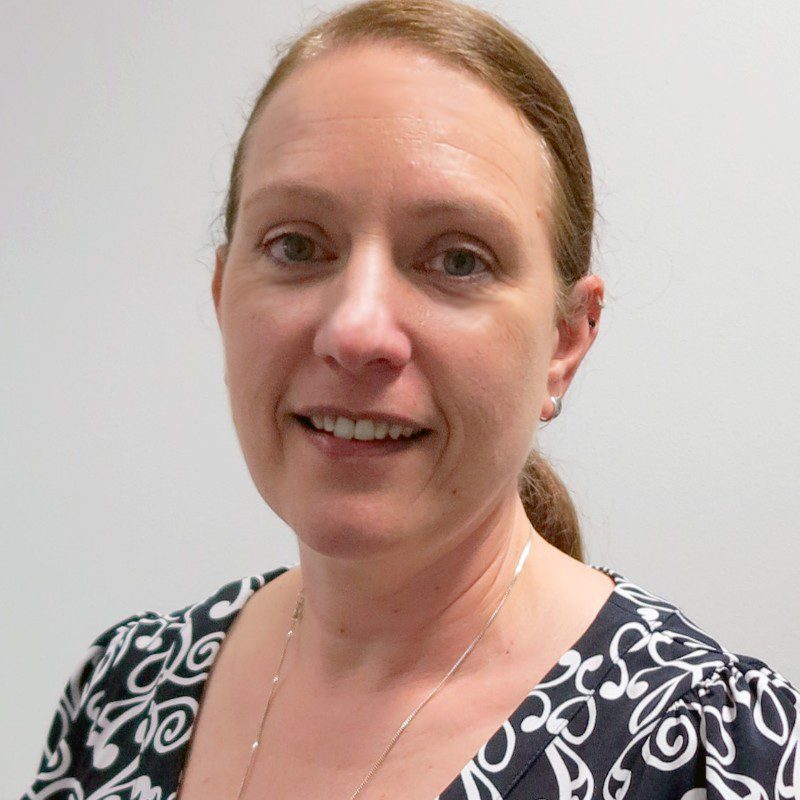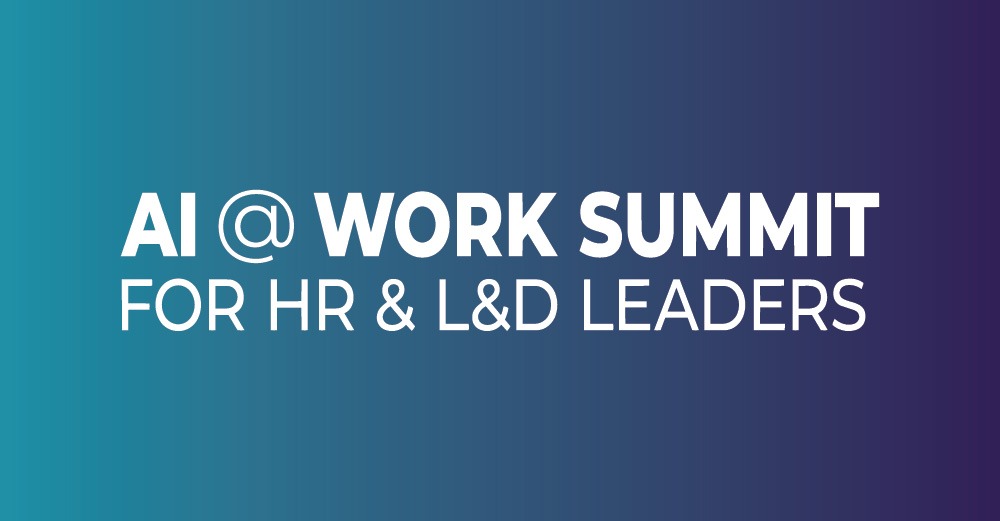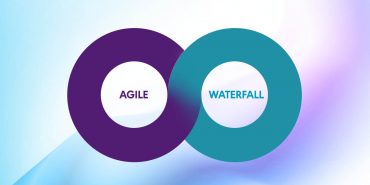Why you need an Agile coach in your delivery team

As more organisations make the transition to Agile, the role of Agile coach is increasingly seen as essential to uplifting delivery capabilities. Here seasoned Agile coach, consultant and PM-Partners training facilitator Kathy Berkidge explains why an Agile coach is such an indispensable asset for today’s delivery team.
Research shows that despite the uptake of Agile, many organisations are still struggling to successfully embed and implement Agile ways and methods: in fact, just one in three adopters have experienced a corresponding uptick in delivery success rates.
Training and upskilling leaders and delivery teams is necessary to address this shortfall in capability and drive desired improvements in delivery outcomes. In this regard, the role of Agile coach has a critical part to play.
Agile coaches enable the optimisation of agile ways of working and the scaling of Agile practices to ensure effective outcomes at a team and organisational level. As more organisations make the transition to Agile, the role is gaining greater recognition. At the last count, around one in eight organisations that use agile practices have an Agile coach as part of their team. And the role is increasingly in demand at governance and strategy level as organisations look to embed agile approaches more broadly.
Let’s take a look at the unique nature of the role and the benefits of bringing an Agile coach into your team/s to uplift performance and results.
Knowledge and nurturing
An Agile coach boasts rich, hands-on experience and has often worked across a number of different sectors. Many coaches were formerly Scrum Masters but they also have knowledge and experience of other frameworks like Kanban or XP typically used in software development.
Your typical Agile coach not not only lives and breathes the agile mindset but is motivated and skilled at helping others improve their techniques and practices, while embedding agile principles and values.
A critical point about coaches – and a key way they add value to teams – is they’re not just imparting their knowledge and skills or enforcing their way on others. Instead, they’re helping and enabling them to grow and find their own way so they can achieve the outcomes and value their organisations are entrusting them with.
The power of independence
While a Scrum Master also wears a coaching hat, they’re often too tied up in their day-to-day activities to really fulfil that role.
An Agile coach on the other hand is not actually doing any hands-on delivery work – as a result, they’re unencumbered by project or product-related tasks. Whether working permanently within a team, or as a contractor, they have the space to focus solely on the team’s growth. This gives an Agile coach the ability to objectively observe where problems lie and identify the areas and capabilities that need most attention.
In other words, an Agile coach is just like a football coach – they have years of experience and the motivation to help others, but they don’t play the game. They watch the team from the sidelines, and then help them identify where they need to improve and, most importantly, how they can improve and reach their potential.
Multi-faceted role
Of course, no two teams or organisations are the same, or have the same challenges. An effective Agile coach not only has a wealth of practical experience to draw on, but they can apply this in a variety of ways to best suit the problem/s at hand.
While there are many descriptors for the role – servant leader, resolver of conflicts, catalyst or champion for change – an Agile coach chiefly wears four different hats:
- Teacher – having identified deficiencies in knowledge, an Agile coach has the know-how to train them on the spot. Perhaps the team has never done relative estimation – the coach can do a quick informal course and upskill everyone together.
- Mentor – mentoring is often one-on-one and is primarily about helping someone become more specialised. It could be a Scrum Master who’s new to the role and needs someone with more experience to enable them to grow their confidence and develop their own skill, whether that’s as an obstacle remover or with sprint planning.
- Facilitator – this role really comes into play to help teams collaborate and communicate more effectively. It could be facilitating a workshop, ensuring ideas are being shared, that everyone has an equal say, and that the team is meeting the goal of the session.
- Coach – at its core, coaching is about helping teams help themselves and go to the next step. With this hat on, an Agile coach will help them truly understand the agile mindset and challenge them to adopt and embed the most appropriate practices, tools and techniques to achieve their goals.
A good Agile coach not only fulfils this multi-dimensional role but knows exactly when to switch hats. In this way, they can help foster more effective teams and enable better outcomes and solutions in response to a variety of needs and settings.
Long-hauler or fixer upper
Particularly in large organisations, an Agile coach is often embedded within a team or across teams on a permanent basis. They’ll monitor progress and conduct regular reviews and health checks to ensure individuals and teams are continuing to step up to challenges and move forward.
In smaller concerns, Agile coaches work well to tackle specific issues – perhaps it could be that one team member – the business analyst, for instance – is so used to traditional ways of working they’re struggling to adapt; or maybe there’s a particular capability that needs addressing across the team.
Given today’s competitive labour market, many teams are also experiencing the turmoil that comes when a critical member, such as the Scrum Master, leaves to pursue a better work/life balance or a more lucrative position. In this scenario, with a new player/s onboard, an Agile coach can quite quickly help to re-establish healthy team dynamics, bring cohesion back to the group and uplift performance and productivity – not to mention staff morale.
Beyond delivery teams, Agile coaches are also increasingly seen in other areas and levels of the business. They could be helping the PMO adapt their structures and governance to better support Agile delivery, working with marketing to help them implement agile ways, persuading senior stakeholders of the value of Agile, or helping the organisation adopt and integrate an enterprise-level approach, such as SAFe® (the Scaled Agile Framework®).
Maximising value
Given the core traits and multi-faceted nature of an Agile coach, it’s clear this role is the key to addressing gaps in Agile capabilities, and that it’s not one that can be adequately filled by any other team member.
Whether you hire in an experienced consultant or upskill an existing Agile practitioner, an Agile coach can help your team/s work towards their potential and deliver desired business outcomes and superior products and services.
In this way, the Agile coach role is integral to ensuring your organisation sees a return on its investment in Agile and gets the full benefit of its transformational value.
PM-Partners helps organisations at all stages of their Agile journey, including providing specialist coaching services and upskilling team members with our new Coaching Agile Teams course. Contact our team today or call 1300 70 13 14 to speak with a consultant or training specialist.
Scaled Agile Framework and SAFe are registered trademarks of Scaled Agile, Inc.

About The Author
Kathy Berkidge
Agile coach, consultant and PM-Partners training facilitator
Kathy utilises her more than 30 years’ experience in IT to deliver training, coaching and consulting services to a range of organisations and individuals across Australia. She specialises in helping teams genuinely embody the agile mindset and implement agile practices and techniques more effectively. As a dedicated mindfulness practitioner, Kathy also helps teams integrate mindfulness practices into their agile processes to better support an environment of collaboration and harmony and more valuable outcomes.







